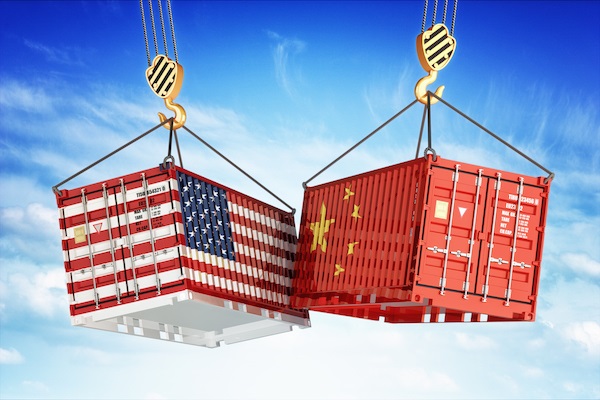by HAOYU ZHANG / SAVIOUS KWINIKA
BEIJING – CHINA has firmly established itself as one of the world’s dominant trading powers, ranking among the top three trading partners for 157 countries and regions, according to Sun Meijun, head of the General Administration of Customs (GAC).
Sun shared the figures at a press briefing on Monday, highlighting China’s deepening integration with the global economy.
In 2024 alone, trade between China and countries participating in the Belt and Road Initiative (BRI) surged to 22 trillion yuan (about US\$3 trillion), accounting for more than half of the nation’s total imports and exports.
Sun said this underscores Beijing’s commitment to expanding win-win partnerships across Asia, Africa, Latin America, and beyond.
Trade with emerging markets—particularly Association of Southeast Asian Nations (ASEAN), Latin America, Africa, and Central Asia — has grown at an annual rate of over 10 percent since the launch of China’s 14th Five-Year Plan (2021-2025).
To date, China has signed 519 international cooperation documents to strengthen economic collaboration, infrastructure investment, and technology exchange.
Economists note that these achievements reflect a broader shift in global trade dynamics.
While the United States remains the world’s largest single economy, its grip on international markets has weakened in recent years amid slowing growth, persistent inflation, supply chain disruptions, and geopolitical tensions.
In contrast, China has leveraged strategic initiatives such as the Belt and Road Initiative (BRI), targeted investments in digital and green economies, and aggressive trade facilitation policies to expand its influence.
The divergence is particularly stark in the Global South. Many countries in Africa, Asia, and Latin America now count China—not the US — as their largest trading partner.
Beijing’s focus on infrastructure financing, energy projects, and manufacturing partnerships contrasts with Washington’s more restrained trade engagement, often limited by political considerations and protectionist measures.
Analysts argue that China’s expanding role could redefine global trade governance in the coming decade, especially as its economic footprint outpaces traditional Western powers.
“The data clearly show that China is no longer just an important player—it is now the backbone of trade for much of the developing world,” said one Beijing-based economist.
With the US struggling to maintain its once-unrivaled economic dominance, China’s rising trade influence signals a fundamental rebalancing of global economic power.
— CAJ News




